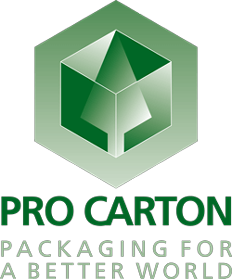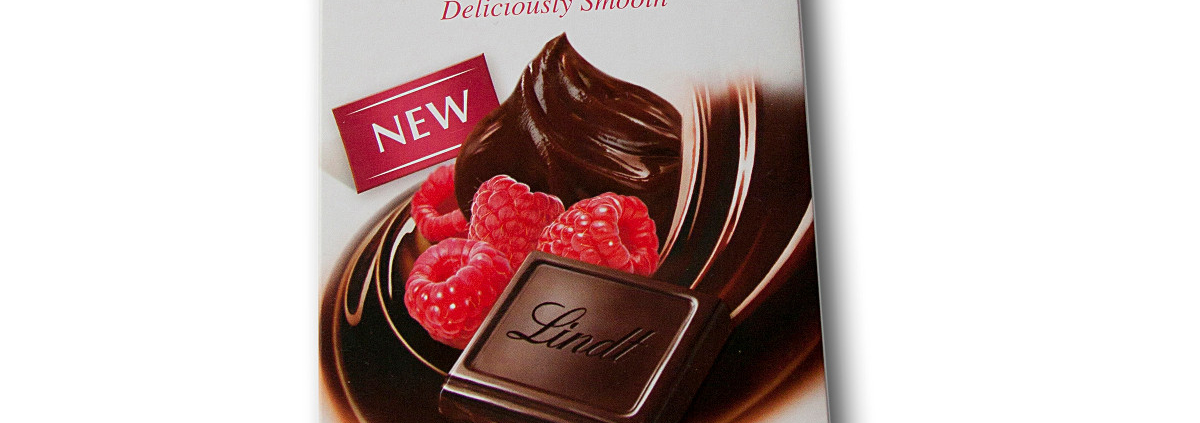Say it with a carton
27 February 2014
Over the last three years the chocolate industry has seen a division in the market. Major manufacturers are experiencing virtually no growth. The market is extremely price-sensitive, price increases are difficult to achieve without losing market shares.
The prices of important ingredients are also increasing. In the EU, the price of sugar increased from EUR 600 to EUR 720 per tonne over the period 2008 to 2013. The world market price of cocoa varied between USD 2000 and 3800 per tonne. And the situation is no different for hazelnuts, the second most expensive ingredient after cocoa. Prices have doubled over the past three years.
Martin Dowideit of the "Handelsblatt" believes: "Chocolate is a product subject to impulse purchasing. It is not part of the shopping list, the packaging is the temptation." Worldwide consumption is led by Switzerland, the UK and Germany - the Swiss are the world champions with an annual consumption of 11.9 kilogrammes per year and head.
Not surprisingly, the Swiss discovered the true value of this brown delicacy early on. With Finest Pralinés, Lindor and Excellence products, Lindt & Sprüngli is the worldwide leader for premium chocolate and represented in over 100 countries. In 2004, Lindt already initiated the trend for chocolate bars, from cheap mass products to a "little bit of luxury". This has attracted many imitators since.
"Our Excellence series with a cocoa content of 70 per cent and more has generated fantastic sales", states Lindt manager, Adalbert Lechner. "Lindt chocolate is that little bit of luxury in everyday routine which is appreciated as a reward by people, even in economically difficult times." This medium segment with brands such as Lindt, Suchard, Hussel or Hachez is virtually packaged exclusively in cartons. "There are four main reasons for the use of cartonboard for premium chocolate packaging", says Marie-Eugénie Barrelet of Villars Maître Chocolatier: "costs of packaging, sustainability, printing quality and speed of development."
Quality surges ahead According to the Swiss food consultant James Amoroso, high-priced chocolate is achieving considerably greater growth than mass products: "This trend will probably continue as people are becoming aware that chocolate should be consumed at special occasions and not in large quantities."
The manufacturers and makers of specialties have made the most of these new opportunities on the market for chocolate. For example, newcomer "myswisschocolate", founded in 2010, already boasts 100,000 customers in 32 countries for customised production or online orders. At myswisschocolate.ch one can order a variety of recipes and design one's own packaging - with carton of course. Founder Sven Beichler states: "Consumers want unique products which meet their individual requirements, rather than mass products. And people are willing to spend money on a first-class individual product."
Dolfin and Pierre Marcolini in Belgium, Coppeneur or Wagner in Germany, Damian Allsop or Willies Cacao in England, Michel Cluizel, Jean-Paul Hévin, La Maison du Chocolate, Patrick Roger or Valrhona in France, Domori or Stainer in Italy, Xocolat or Zotter in Austria, and Lindt & Sprüngli or Villars in Switzerland: the premium segment is growing, more and more manufacturers are focusing on top quality. The portfolio ranges from intriguing recipes and compositions, such as mountain cheese or chili, hemp with mocca, raspberry spirits, coffee-plum with caramelised bacon, or combinations with eastern spices. But they all have one thing in common: carton is the packaging of choice. www.finanzen.net www.handelsblatt.com www.sg-network.org www.swissinfo.ch



